| Search results - "snow," |
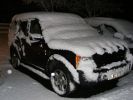
Let it snow, let it snow, let it snow!99 views
|
|
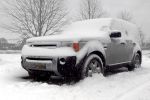
Snowfall461 viewsCalendar entry
|
|

AT2 in snow, Stockholm Sweden, november 2010.41 views
|
|

More snow, we got plenty this year749 views
|
|
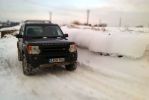
Snow, Marshfield, January 201069 views
|
|
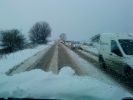
Snow, Feb 200972 views
|
|
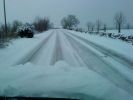
Snow, Feb 200973 views
|
|
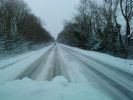
Snow, Feb 200970 views
|
|
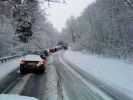
Snow, Feb 200984 views
|
|
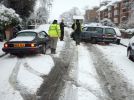
Snow, London, unfortunately for them they couldn't make the small slippery incline, fortunately for me I was in a D3....300 views
|
|
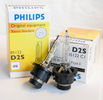
Philips D2S 85122 C1 Xenon 4300K projector HID bulb962 viewsThis is the 4300K OEM bulb in our HID Xenon projector headlights. People who design illumination systems regard the 4300K colour as a good compromise to provide what is called definition. This is effectively the ability to actually determine what an object being illuminated probably is. The more blue colour bulbs, say 5000K and greater, result in a reduction in the ability to distinguish detail, (regardless of brightness), of the object being illuminated. Effectively, you can see the object but you cannot quite figure out what it is. This is because the more blue frequencies means there are fewer other frequencies of light that allow our eyes to actually discern what an object really is.
The 4300K colour temperature applies to clear air conditions; for rain, dust, snow, fog, etc, then a yellow 2500K colour temperature is preferable. 2500K provides more contrast and there is less back splash of light off the air particles. In blowing snow, this means less sparkle back. Flat top cut off of the light beam, (which is the pattern our projector lights have), is important to reducing back splash - hence you do do not want roof mounted lighting for adverse conditions - as low down as possible is preferable, (which is why fog lights generally sit low.)
|
|
|
|
|